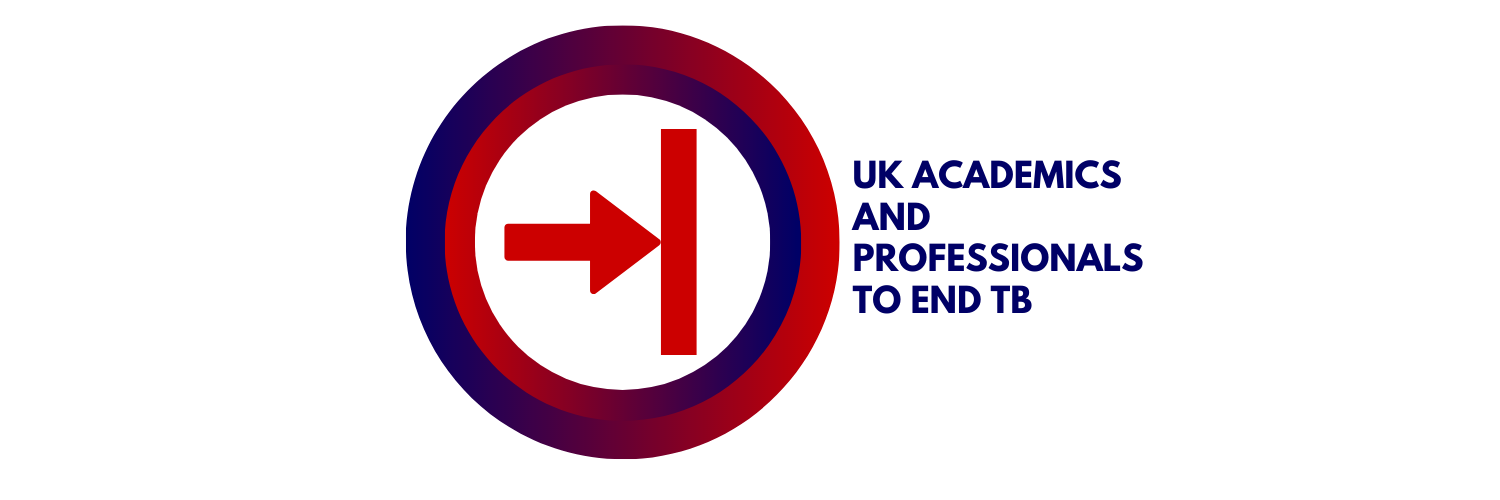Liverpool School of Tropical Medicine
Our research on TB at LSTM spans the whole spectrum of the complex aspects of this disease, from drug and diagnostic discovery to applied health research. We work closely with partners in developing countries and take a practical approach to find the best solutions which can be effectively applied in resource-constrained settings, and which also benefit poor and vulnerable populations. Further details can be found through these links:
http://www.lstmed.ac.uk/research/departments/clinical-sciences/tuberculosis-research
http://www.lstmed.ac.uk/research/themes/lung-health-tuberculosis
https://www.youtube.com/watch?v=n1NIIXbYG6Q&list=UUoS5m6Kak5uHUg_2vnZd12A#action=share
http://www.lstmed.ac.uk/impala
http://impacttbproject.org/
Here are a few examples of our work:
1. Poverty and Tuberculosis
Working with colleagues in Malawi, we were one of the first groups to demonstrate that even when health services for TB are provided free at the point of contact to patients, the patients incur catastrophic costs in care-seeking.
Since then, there have been systematic reviews of patient cost surveys which indicate that this problem is repeated in most settings round the world with a differential impact on the poor. This work has contributed to the goal in the current WHO End TB Strategy of eliminating catastrophic costs for TB patients and their households.
2. Finding and treating more cases of tuberculosis
A network of community health extension workers in Nigeria
With colleagues in Ethiopia, Nigeria and Yemen we have demonstrated that engaging community health workers and private health providers in TB case-finding and referral not only significantly increases the numbers of cases getting on to treatment but also massively increases treatment adherence. This work, funded through the UK ESRC and the TB REACH initiative of the Stop TB Partnership led to the award of the Kochon Prize in 2014.
Increasing the numbers of TB patients enrolled into TB treatment and care is also the focus of the IMPACT-TB programme funded by the European Union. This work, launched early in 2017, is developing the knowledge base for scale up of different active TB case-finding approaches in Nepal and Vietnam.
3. Evaluation of novel diagnostics and diagnostic algorithms
With colleagues in Ethiopia, Nigeria, Barcelona and Moldova, we have worked in improving the diagnostic pathways of patients with presumptive TB. Our work, funded by WHO-TDR, EDCTP and the UK Research Councils has included studies to develop the concept of ‘same-day diagnosis’ (adopted by WHO in 2011), the assessment of promising diagnostic platforms, optimising their use in a diagnostic cascade and the development of new tools for epidemiological surveillance and treatment monitoring.
